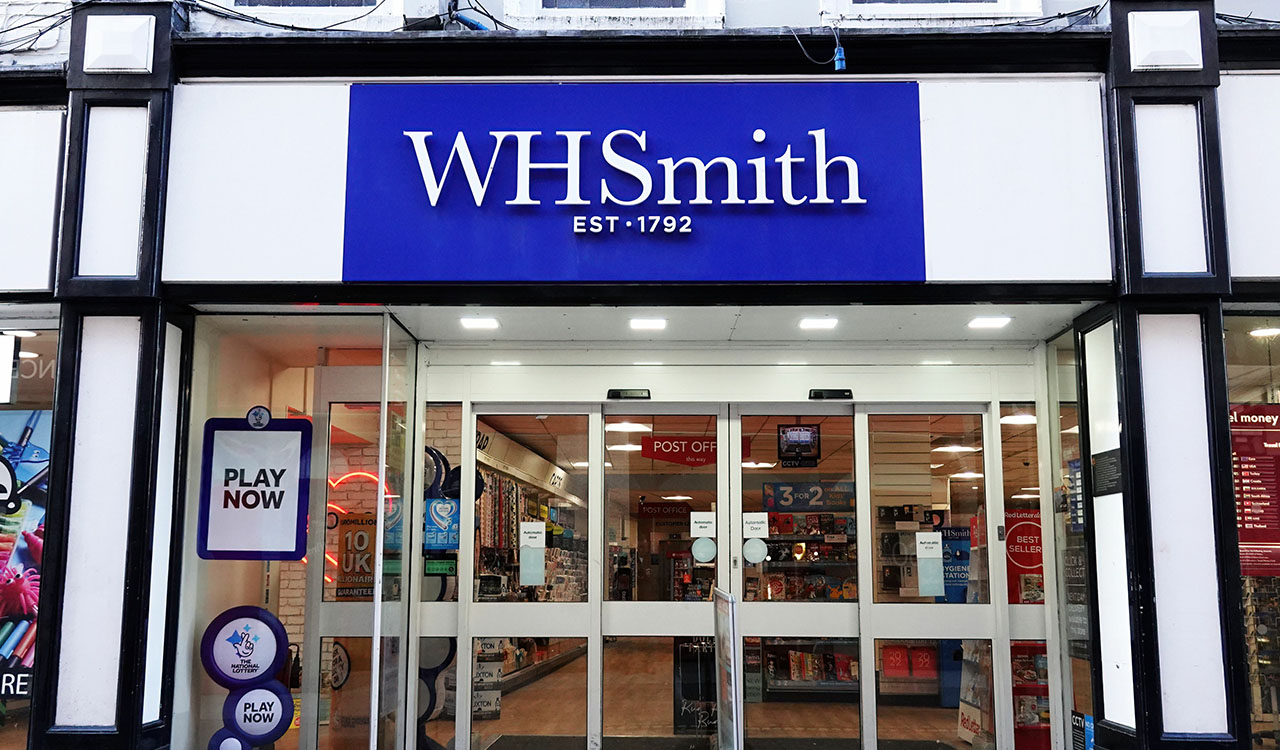For any retailer, entering the first negotiations with a landlord can be overwhelming and challenging. Without a deep understanding of the industry, location, and average lease costs for that area, you could end up signing deals that leave you with less profitability and more obligations. When implementing the right tech stacks, identifying inventory and supply chain systems, and getting the most customer-friendly payment platforms up and running, sourcing dependable tenant representation may not be at the top of the wish list for retail CEOs. Think again! Tenant representation plays a crucial role in bringing insight and expertise to the real estate negotiation process. So, why don’t more retailers rely on this service?
Tenant representation can be complex, and the misconceptions some retailers have about it create obstacles. Let’s start with the basics: Tenant representation is a service that brings third-party experts to the table to help locate the best locations and negotiate the best possible outcomes on lease agreements. In a perfect world, all retailers need to be able to understand the market as well as use market intelligence and geo-analytical tools to find the right locations. This triggers the age-old dilemma: build or buy? Many retailers have found that a third-party expert has the in-depth domain expertise to help ensure navigating, negotiating, and changing lease terms. Fostering a tenant-landlord relationship into a partnership that benefits both parties is the bonus card.
So, why don’t more retailers have tenant reps that could save them precious time and money? We’ve identified the top seven misconceptions about tenant representation that get in the way:
1. It’s only for big businesses.
Yes, larger retailers may have more complex needs, more locations to manage, and bigger budgets. But tenant representation can benefit retailers of all sizes. In fact, smaller retailers may benefit even more if they don’t have the internal resources or expertise to navigate the commercial real estate market on their own.
2. It’s too expensive.
The benefits associated with hiring a tenant rep far outweigh the expenses. Tenant representatives help retailers save money by negotiating favorable lease terms, advocating for tenants, and steering tenants away from costly terms. Last year, our company, ASG, negotiated $13.5M in savings across 135 locations. That’s money our clients would have unknowingly left on the table.
3. Landlords won’t work with tenant representatives.
Actually, many landlords prefer working with reps because they know they’re working with a professional who has a deep understanding of the market and can effectively negotiate fairly on behalf of their clients. Tenant representatives can also help landlords fill vacancies quickly and efficiently, which benefits both parties.
4. Tenant representatives only focus on finding the cheapest rent.
True, finding affordable rent is important. Tenant representatives also focus on finding the best overall deal for their clients. This includes negotiating lease terms, securing tenant improvements, and ensuring that the space meets their client’s needs. Tenant representatives also work to balance cost with other important factors, including location, amenities, and accessibility.
5. We don’t need a tenant rep because we already have a lease.
Having a lease in place doesn’t preclude retailers from being able to renegotiate terms based on changes in the situation, ensure covenants are being met, and guarantee flexibility. Even when a retailer has an existing lease, a tenant rep can provide insight into ways the lease can be enforced to save money. Check out point 2 and that $13.5 million in savings.
6. Tenant reps work for landlords.
Retail tenant reps work for the retailer they represent, not the landlord. Their sole goal is to ensure that clients get the best possible lease. While many tenant reps have established relationships with landlords, this serves as a credibility factor, not a conflict of interest.
7. We’re renegotiating an existing lease, so it’s not the right time.
Renegotiation may be one of the best times to enlist a tenant representative. The depth of expertise they bring to the table can ensure that the terms of the lease are as beneficial as possible to the retailer, that there are no surprises included in the lease, and that there are adequate pathways for changing or ending the lease should there be significant changes in the situation.
Four Major Benefits of Tenant Representation
The benefits associated with hiring a tenant rep far outweigh the expenses. Tenant representatives help retailers with more than just lease negotiations. The more critical benefit is their ability to strategically place retailers in the right place.
Contrary to popular thinking, retailers shouldn’t just seek the lowest rent; they need to consider the trifecta of location, terms, and total occupancy cost. A retailer might think they are negotiating a great deal on lease cost only to discover that the landlord takes a hefty percentage of sales, or the retailer has no flexibility in terms of building out the space. Tenant representation helps the retailer in every stage of the negotiations. We’ve identified four important benefits of tenant representation to underscore their contributions:
• Working exclusively for the retailer: A tenant rep’s role is to represent the retailer in securing locations and negotiating the best possible deal. There is no conflict of interest.
• Experts at lease negotiation: Do what you do best. From quoted rents to exit strategies, experienced tenant reps ensure that the retailer has protections in place that give them leverage if things change.
• Saving time and money: Tenant reps excel at saving money on things like attaining lower rent costs, higher improvement dollars, and other quantitative measures. They also negotiate for the things that retailers may not consider, like better renewal options, capped expense costs, kick-outs, and sublease options.
•Negotiating more than just the rent: Tenant reps analyze retail leases based on more than just the monthly rent, considering charges for real estate taxes, utility costs, construction costs, property insurance costs, CAM costs, and improvement allowances.
Brokers Are Not Your Best Friends
A common practice in real estate site selection among retailers is to rely on brokers. But renter beware! At ASG, we’ve seen major brands allow a broker to dictate their placement rather than to strategically position themselves where potential customers/clients would be. Often when retailers enter an extremely competitive U.S. market, they think they should enter New York. But seriously, what do you think you can gain from that? Can you replicate New York real estate norms anywhere else in the country? No. You’ve just entered arguably the most expensive market in the country, which could potentially cause serious financial restraints on what should be a growing brand. Brokers are not your best friends. Alternatively, tenant representation allows retailers to save money by negotiating favorable lease terms, advocating for tenants, and steering tenants away from costly terms.
A Relationship, not a Transaction
Tenant representation is more than a paid service or a transaction. It’s a collaboration with a trusted partner who has the retailer’s best interests front and center. ASG has decades of experience in tenant representation with marquis retail clients. For more details, go to https://consultasg.com/tenant-representation/. For more content like this subscribe to The Gist at https://www.chutegerdeman.com/subscribe-to-the-gist/.
Carrie Barclay is CEO of ASG–Chute Gerdeman, TRR’s parent company. She has a passion for retail and the retail industry. Connection drives her approach with clients and partners as it presents a broader perspective of the potential of retail. Her in-depth understanding of the nuanced balance necessary for a consumer-centric strategy informed by accurate data analytics has led to transformative experiences for the brands with whom she’s worked, which include Ralph Lauren, Vineyard Vines, Purple, Tonal, and Lovesac.




